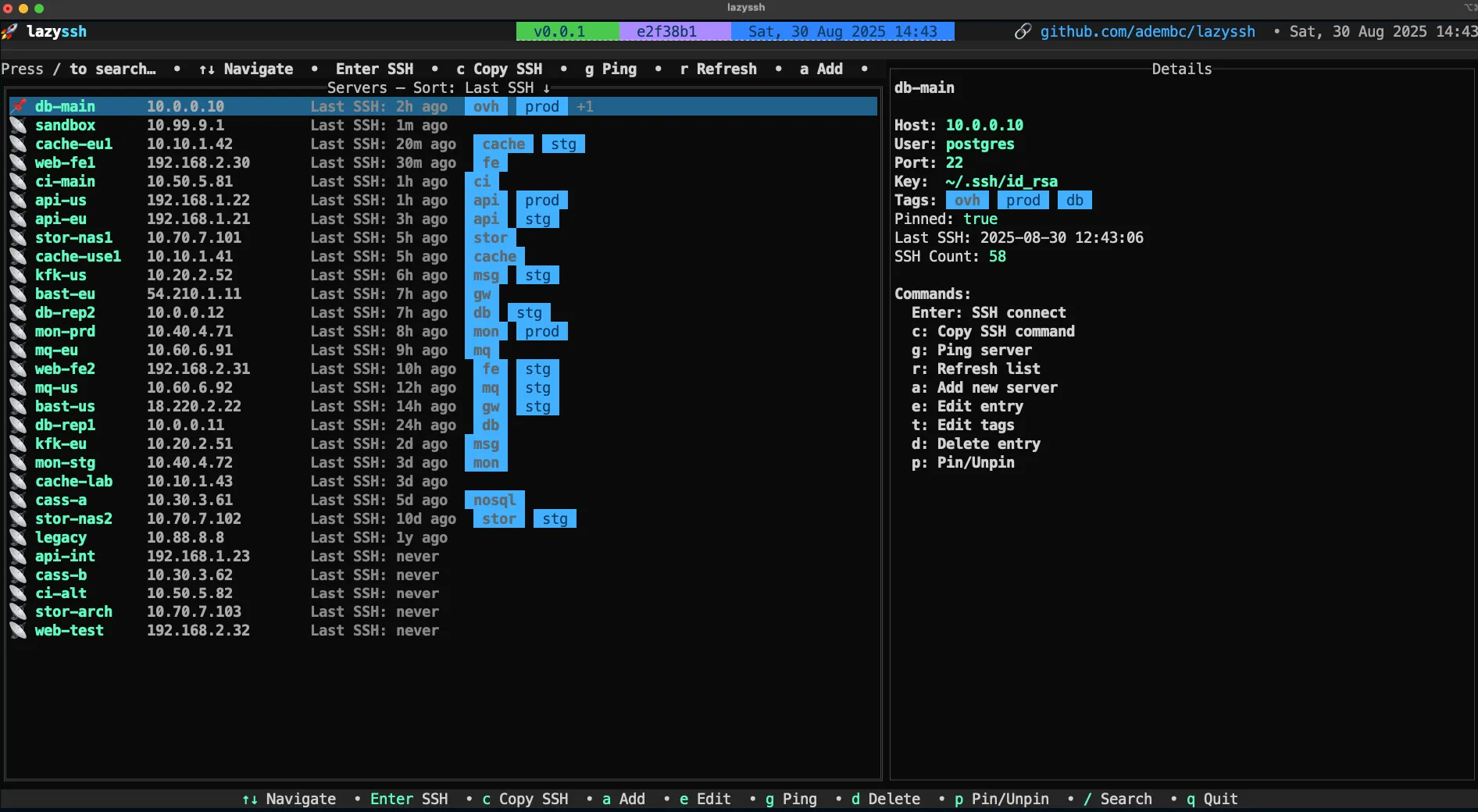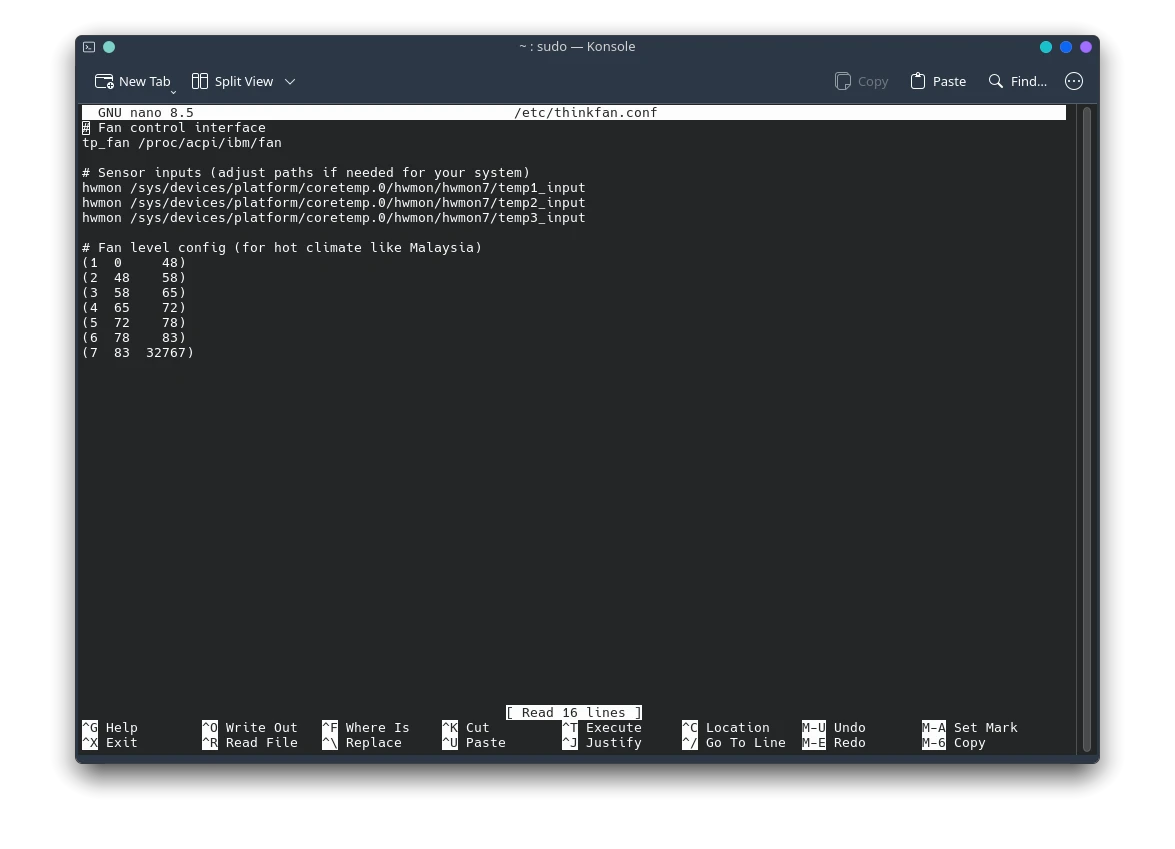Navigating the Quirky World of Linux: Common Annoyances from Beginner to Advanced Levels
Linux, often hailed for its flexibility, security, and customization options, has garnered a devoted following among tech enthusiasts and professionals alike. However, for newcomers stepping into the world of Linux, there’s a learning curve fraught with challenges and quirks. From basic usability hurdles to more advanced technical obstacles, navigating Linux can sometimes feel like a journey through a maze. In this article, we’ll explore some of the most common annoyances users encounter at both beginner and advanced levels, shedding light on the path to mastery in the Linux ecosystem.
Beginner Level Annoyances:
- Hardware Compatibility: As a beginner exploring Linux, one of the first stumbling blocks you might encounter is hardware compatibility issues. While Linux supports a wide range of hardware out of the box, there are instances where certain devices, such as Wi-Fi adapters or graphics cards, may not work seamlessly due to the lack of proper drivers. This can be frustrating, especially if you’re accustomed to plug-and-play functionality in other operating systems like Windows.
- Software Availability: Another common annoyance for Linux beginners is the availability of software. While Linux boasts a vast repository of open-source applications, you may find that some proprietary software you’re used to, such as Adobe Photoshop or Microsoft Office, is not natively available. Although there are often alternatives, they may not offer the same features or compatibility, leading to frustration as you adjust to new tools.
- Command Line Intimidation: For many beginners, the command line interface (CLI) in Linux can be intimidating. Coming from a graphical user interface (GUI) environment, the prospect of typing text-based commands to perform tasks can seem daunting. Learning basic commands for tasks like navigating the file system, installing software, or troubleshooting issues is essential but can take time and practice.
- Dependency Management: Installing software on Linux often involves dealing with dependencies, which are additional libraries or packages required for the software to run. Dependency management can be confusing for beginners, especially when encountering cryptic error messages or conflicts between different packages. Learning how to resolve dependencies manually or through package managers is a crucial skill to master.
Intermediate Level Annoyances:
- Fragmentation: As you delve deeper into the Linux ecosystem, you’ll discover that it’s highly fragmented, with numerous distributions (distros) each offering their own unique features and package management systems. While choice is generally a good thing, the abundance of options can be overwhelming for intermediate users trying to find the right distro for their needs. Additionally, troubleshooting issues specific to a particular distro can be challenging without sufficient experience.
- Limited Gaming Support: Gaming on Linux has improved significantly in recent years thanks to initiatives like Proton and Steam Play. However, intermediate users may still encounter frustration due to the limited support for certain AAA titles or hardware configurations. While workarounds exist, such as using compatibility layers or virtualization, they may not provide the same seamless experience as gaming on other platforms.
- Updates and Maintenance: As you become more comfortable with Linux, you’ll realize that regular updates and system maintenance are essential for keeping your system secure and up-to-date. While Linux distributions typically offer robust package management systems for updating software, managing updates and resolving conflicts can still be time-consuming. Intermediate users may find themselves juggling multiple repositories, dependencies, and configuration files, leading to occasional headaches.
Advanced Level Annoyances:
- Kernel Panics and System Crashes: At the advanced level, users may encounter more serious issues such as kernel panics or system crashes. While Linux is known for its stability, hardware or software failures can still occur, leading to unexpected downtime or data loss. Diagnosing and troubleshooting these issues often requires advanced knowledge of system internals, kernel debugging tools, and log analysis techniques.
- Driver Issues and Kernel Modules: Advanced users who delve into hardware tinkering or experimentation may encounter driver issues or conflicts with kernel modules. Whether it’s trying to get a custom-built kernel module to work with your hardware or dealing with proprietary drivers from manufacturers, the process can be complex and error-prone. Understanding how to compile and install kernel modules, as well as debugging driver-related issues, is crucial for advanced users.
- Customization and Configuration Complexity: As you reach the pinnacle of Linux mastery, you’ll likely embrace the power of customization and configuration to tailor your system to your exact specifications. However, with great power comes great complexity. Advanced users may find themselves diving deep into configuration files, shell scripts, and even source code patches to achieve the desired level of customization. While rewarding, this level of tinkering can also be time-consuming and prone to unintended consequences if not approached with caution.
In conclusion, navigating the world of Linux can be both rewarding and challenging at all skill levels. From beginner frustrations with hardware compatibility and command line intimidation to advanced struggles with kernel panics and system customization, each stage of the journey presents its own set of hurdles to overcome. However, with patience, persistence, and a willingness to learn, users can master the intricacies of Linux and unlock its full potential as a powerful and versatile operating system. Whether you’re a newcomer taking your first steps or an experienced enthusiast pushing the boundaries of what’s possible, the Linux community is there to support you on your journey.







Post Comment